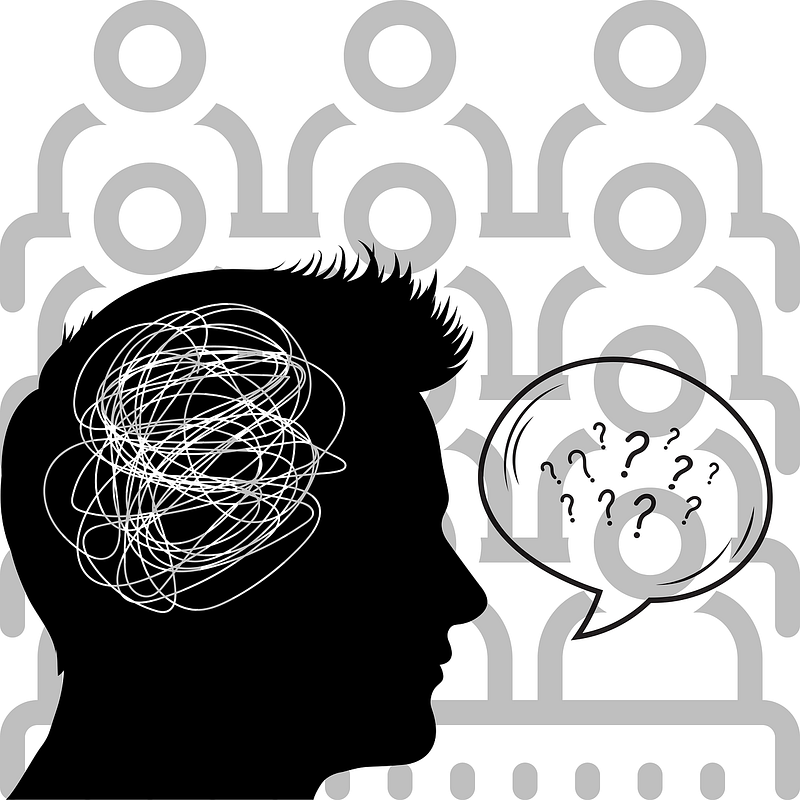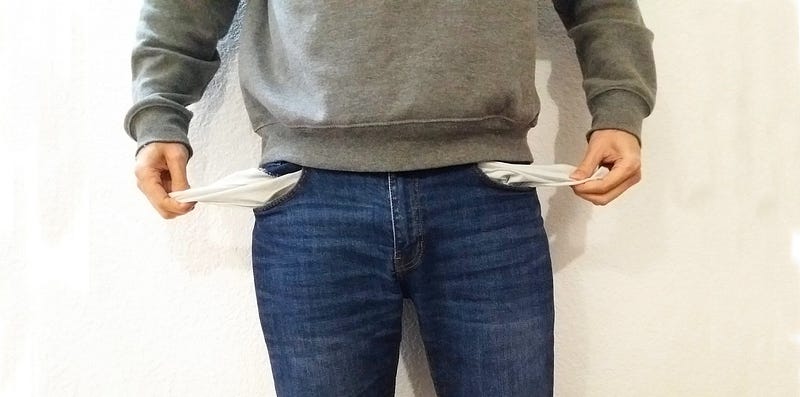A Journey Through Sobriety: Recognizing the Signs
Written on
Chapter 1: The Turning Point
It was during a troubling moment that I realized I had to commit to sobriety.

I believed I had my drinking under control. Having experienced two periods of sobriety—one lasting seven years and another for nine months—I was working as a training manager at a mail order managed care pharmacy in Sioux Falls, SD. Most of my coworkers were younger, and I found myself envious of their carefree lifestyles. They frequently enjoyed outings to bars on weekends and even during the week, participating in golf games, volleyball matches, and baseball events.
Despite my attendance at 12-step meetings, I had been unable to keep up recently due to my demanding work schedule. I had also just gone through my second divorce, my ex-wife being an alcoholic who appeared to relish her drinking habits.
The arrival of St. Patrick's Day marked a significant shift for me. It was a Friday, and it felt like everyone was heading to parties. Sioux Falls hosted a large parade for the occasion, and some businesses let their staff leave early to join in the festivities. Barhopping was a highlight of the day.
By late afternoon, I was feeling quite down. Colleagues kept stopping by my cubicle to invite me to various parties, but I kept declining. As I walked into the pharmacy area, it was nearly empty; most had left for the bars. In that moment, I decided to join them.
I visited a nearby bar and had a few beers, which tasted great and left me feeling little. I then drove downtown and bumped into some acquaintances from a previous job, including a woman who had recently relapsed. She and her boyfriend invited me to join them, and we discussed our drinking experiences, concluding that we could manage our alcohol consumption without issues.
The next morning, I woke up without a hangover and was able to recall every detail from the night before. Perhaps I wasn't an alcoholic after all, I thought.
This line of thinking continued for a while, but soon I noticed my bank account dwindling. To supplement my income, I took a part-time position with the YMCA, coordinating school-aged girls' basketball games during the fall and winter. Although it paid decently, it was temporary, and my drinking habits persisted, escalating to nearly daily consumption.

In the following year, I began organizing after-work parties, which garnered me attention from the younger employees. I discovered I could keep pace with their drinking, enjoying shots of various liquors that I had missed during my sober years.
As I continued down this path, I occasionally experienced hangovers. If they occurred on weekends, I would typically remedy them by starting to drink around noon the next day. I also began to notice sporadic blackouts—brief lapses in memory during nights of heavy drinking. These episodes were unsettling, often lasting between 30 minutes to an hour, leaving me unsure of conversations or interactions.
Recalling my younger days, I remembered more severe blackouts, including one instance where I drove across South Dakota while completely unaware. What had been a seven-hour journey turned into eleven hours due to my memory loss.
Fast forward to 1996, I thought I had drinking under control, juggling two part-time jobs while maintaining my full-time position. However, I soon found myself in need of extra funds for my drinking. I resorted to payday loans, borrowing small amounts and even pawning my car's title, a decision I later regretted.

Despite being broke and exhausted, I tried to limit my drinking, opting for non-alcoholic beer for a week. However, on April 12th, when coworkers invited me to celebrate a birthday, I caved and had a beer. It felt good, and soon I was swept away by the festivities.
As the night progressed, we decided to head to the Sunbird Lounge for dancing. I agreed to drive a colleague's car, confident in my sobriety. The last thing I remember was our CIO serving drinks at the bar.
Suddenly, I found myself waking up on my apartment floor, disoriented and feeling terrible. I had no recollection of how I got home, and the realization frightened me.
This incident prompted me to confront the possibility of having a serious drinking problem. I remembered there was an Alcoholics Anonymous meeting that I used to attend, and I rushed to get ready, determined to seek help.
I arrived just as the meeting began and was greeted warmly by familiar faces from my past attendance. Nobody pressed me about my absence, and it took me weeks to admit my relapse. When I finally did, I was met with understanding and shared experiences from others.
Walking back into that AA meeting marked a pivotal moment in my life, over 27 years ago, and I remain sober to this day. Shortly after, I met my wife Nancy, who had been sober for about a year. Together, we have navigated our recovery journeys.
While I don't attend AA meetings as frequently anymore, I still go occasionally to remind myself of the struggles newcomers face. It helps me stay grounded and aware of the slippery slope that can lead back to drinking.
Because for me, one drink can lead to another, and I certainly don't want to revisit the nights filled with blackouts that leave me questioning my choices.